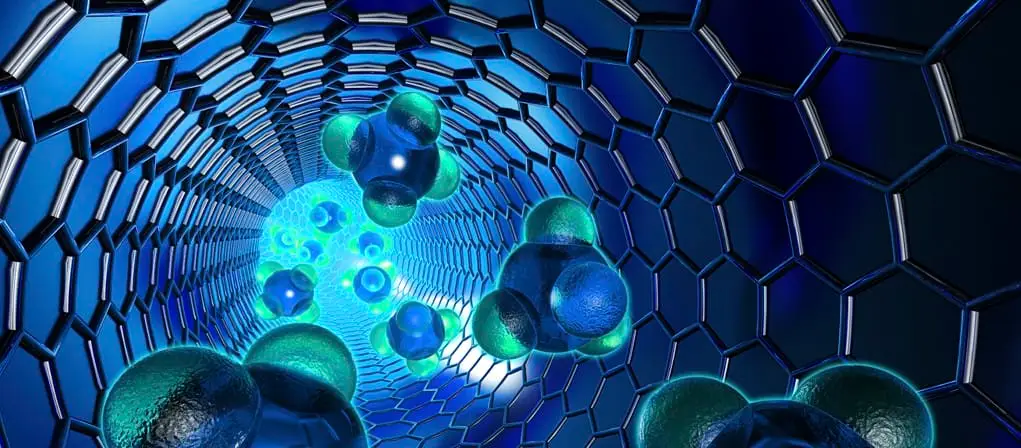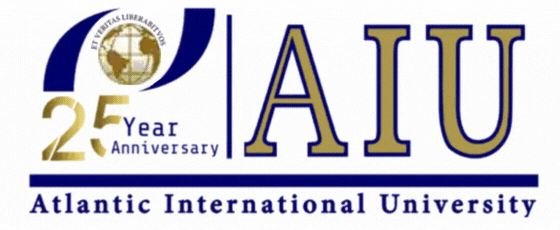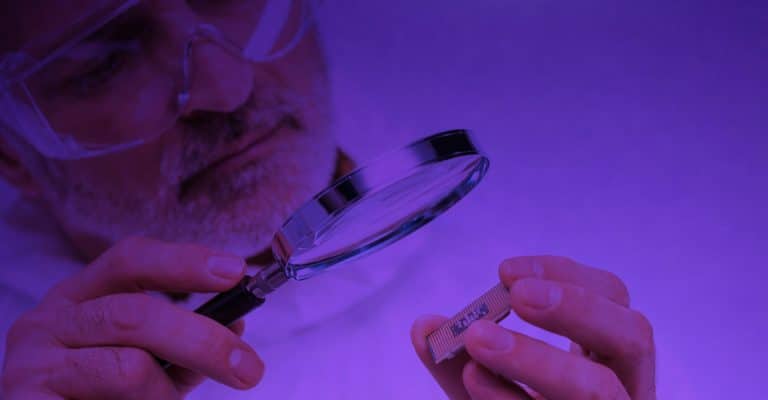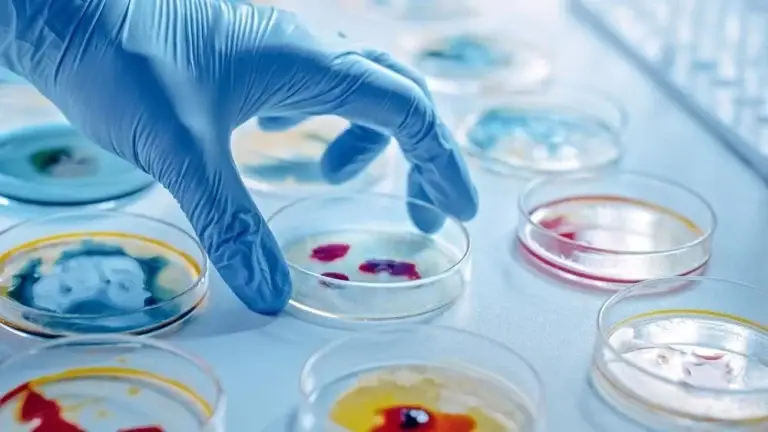Nanotechnology and Materials Science: Pioneering the Future of Technology
April 18, 2024 2024-04-18 14:58
Nanotechnology and Materials Science: Pioneering the Future of Technology
Nanotechnology and materials science are two interdisciplinary fields that are shaping the future of various industries, from healthcare and electronics to environmental protection and aerospace. By manipulating matter at an atomic or molecular scale, nanotechnology enables the development of materials with superior properties and functionalities. This article explores the exciting interface of nanotechnology and materials science, highlighting key advancements, applications, and the transformative potential of these technologies.
Understanding Nanotechnology and Materials Science
Nanotechnology involves the engineering of functional systems at the molecular scale, typically within the range of 1 to 100 nanometers. Materials science, on the other hand, studies the properties of materials and how they can be used to meet various technological needs. When combined, these disciplines allow scientists and engineers to create materials with precisely engineered features that can perform specific functions that are not feasible with larger-scale materials.
Key Advancements in Nanotechnology and Materials Science
- Nanocomposites: These materials combine nanoparticles with bulk materials to improve properties such as mechanical strength, electrical conductivity, and chemical resistance. For example, carbon nanotubes mixed into polymers can create lightweight materials that are incredibly strong and thermally stable, ideal for aerospace and automotive applications.
- Quantum Dots: These are tiny semiconductor particles that have electronic properties that differ significantly from larger particles due to quantum mechanics. Quantum dots are used in medical imaging and consumer electronics, notably in displays that require intense colors with high energy efficiency.
- Nanofabrication: This technology involves the design and manufacture of devices with dimensions measured in nanometers. Techniques such as electron beam lithography and nanoimprinting are used to create intricate patterns for integrated circuits and nanophotonic devices.
Applications Transforming Industries
- Healthcare: Nanotechnology is revolutionizing medicine through the development of nano-sized drugs that can target specific cells, such as cancer cells, improving the efficacy and reducing side effects of treatments. Additionally, nanomaterials are used to create more sensitive diagnostic equipment and durable, biocompatible implants.
- Electronics: At the nanoscale, silicon’s properties can be manipulated to create faster and more energy-efficient microchips, a crucial development as the demand for powerful, compact electronics continues to grow.
- Energy: Nanotechnology is being used to improve the efficiency and cost-effectiveness of energy sources. Nanoparticles are integral to the next generation of solar cells and batteries, enhancing capacity and charge cycles without significant size or weight penalties.
- Environment: Nanotechnology also plays a critical role in environmental protection, offering solutions such as efficient pollution cleanup via nanoscale materials that can absorb toxins or break down contaminants.
Challenges and Ethical Considerations
While the potential of nanotechnology and materials science is immense, these fields also pose unique challenges and ethical considerations. The manipulation of materials at the nanoscale might lead to unknown health and environmental risks, necessitating thorough testing and regulation. Moreover, the ability to create powerful materials and devices raises concerns about privacy, security, and equity, particularly regarding who has access to these technologies.
Conclusion
Nanotechnology and materials science are at the forefront of technological innovation, offering solutions to some of the world’s most pressing challenges. As research and development continue to advance, the potential for these technologies to impact virtually every aspect of our lives becomes increasingly apparent. Ensuring responsible development and equitable access to nanotechnology’s benefits will be key to realizing its potential while managing the risks associated with these groundbreaking scientific fields.
Related Posts
Nanotechnology and Materials Science: Pioneering the Future of Technology
April 18, 2024 2024-04-18 14:58Popular Tags





























